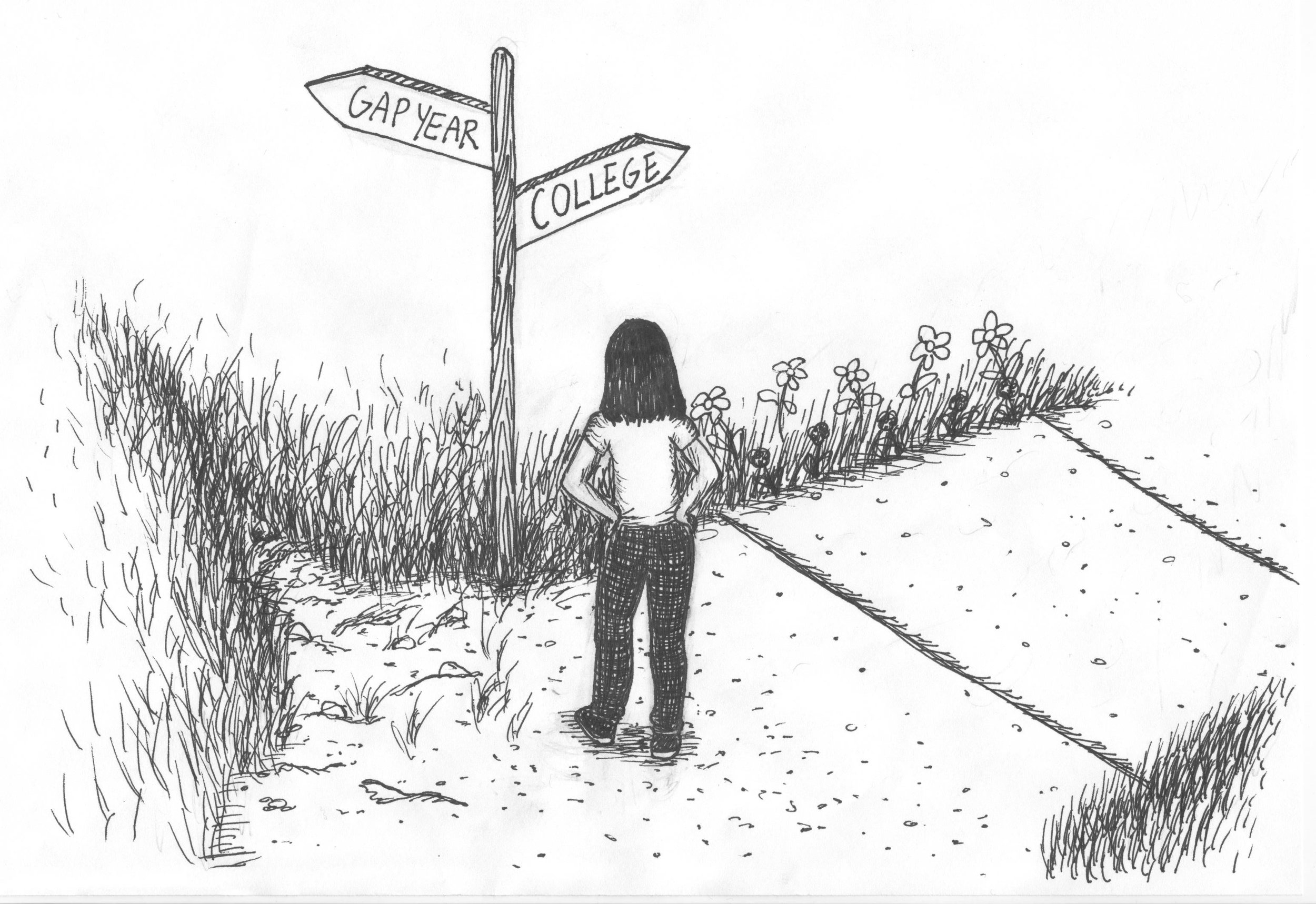
Blog posts on college admissions by Arjun Seth



15 Surprising Career Opportunities for Potential Humanities Majors
Liberal arts students listen up: your skills are worthwhile and will lead you to a high paying job in the future!

9 Easy Ways to Help Your Teen Become a Better Writer
Parents: Learn how you can help improve your child's writing

How to Spend the Summer as an Aspiring Engineer
The possibilities to use your summer effectively are endless! Choose what you will do!

Extracurricular Ideas for an Aspiring Journalist
Want to become a journalist? Get started today!

5 Books you should be reading right now
College is all about stimulating conversations. Get ready to get woke!

5 ways to help your child with rejection
College rejection can be difficult. Read how you can help you child tide through these difficult times.

Should you take a gap year after high school?
As you hear back from colleges big and small, think about the other options you have other than jumping right into higher education.

